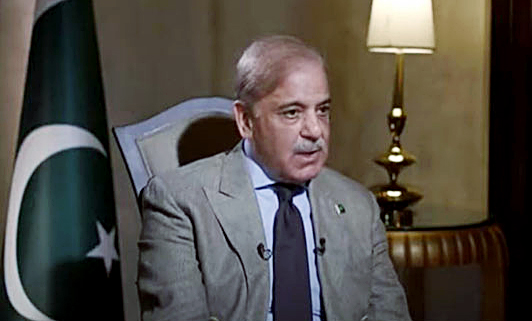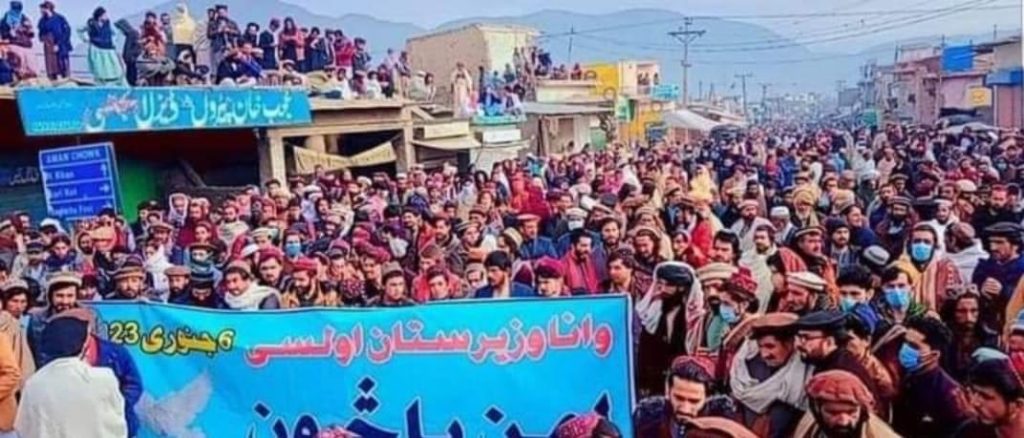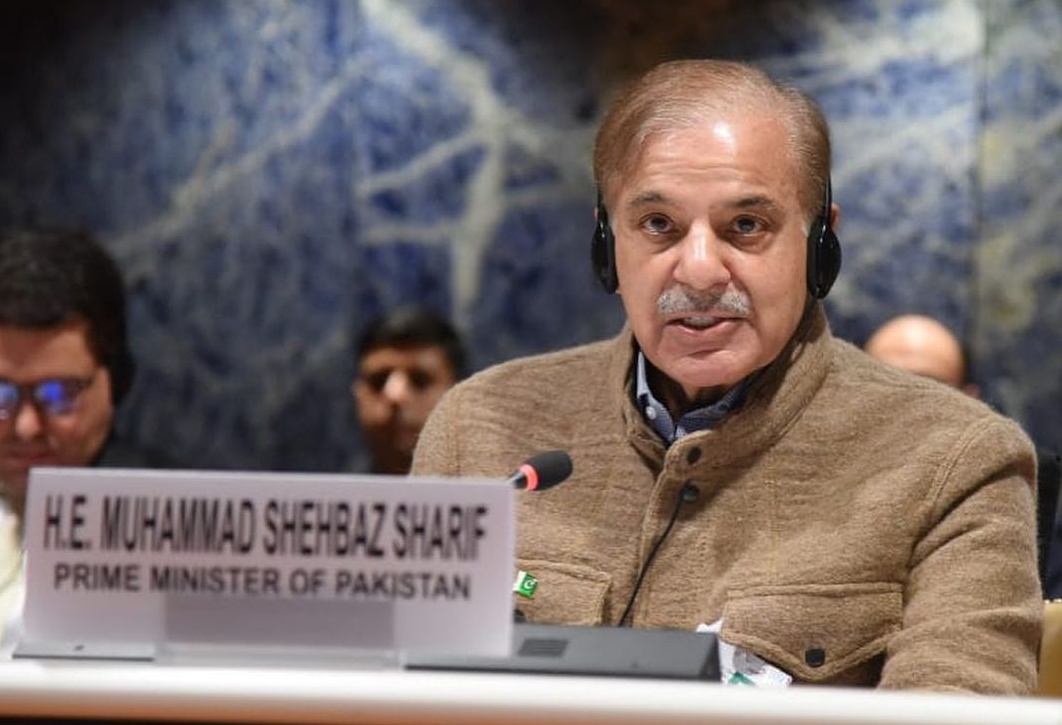Pakistanis suffer the ignominy of being a national of a rogue state. But there is little they can do because corruption is the system’s foundation and the Army has wonderfully replaced the colonial rule. Rulers change now and then shifting blame to their predecessors. And with this, the vicious cycle of people’s woes never ends
After the Pakistani rupee plummeted to 250 against a dollar, and the currency had to forego 12 percent of its value, the government raised the price of petrol and diesel by Rs 35 per liter. This marks the beginning of the worst economic crisis since the formation of Pakistan in 1947. It is looking at a 28 percent inflation rate. The State Bank of Pakistan has a mere $4.4 billion in forex reserves which will hardly last three weeks of imports.
Born in 1947 at the whims of Muslim elites and officers in the British Empire, Pakistan was supposed to be a pure land of peace and progress, where the Muslims could have a brighter future.

After more than six decades Army’s rule, the citizen of Pakistan has not seen a single day of living in dignity. The nation has jumped from one aid to another, making friends and foes interchangeably in different timelines, and giving its people false hope of development and stability.
Facing one economic blunder after another, in a widely circulated clip Finance Minister Ishaq Dar says that Pakistan is the only country founded in the name of Islam and “Allah is responsible for its development and prosperity”. Only the devil can mislead people to this extent!
Must we remind the Islamic Republic – “Do not blame me, but blame yourself” according to Surah 14 Ibrahim, Ayat 22.
Pakistanis suffer the ignominy of being a national of a rogue state. But there is little they can do because corruption is the system’s foundation and the Army has wonderfully replaced the colonial rule. Rulers change now and then shifting blame to their predecessors. And with this, the vicious cycle of people’s woes never ends.
After the Pakistani rupee plummeted last week, and the currency had to forego 12 percent of its value, the government raised the price of petrol and diesel by Rs 35 per liter. This marks the beginning of the worst economic crisis since the formation of Pakistan in 1947. It is looking at a 28 percent inflation rate. The State Bank of Pakistan has a mere $4.4 billion in forex reserves which will hardly last three weeks of imports.
The country’s health sector is in the doldrums when such facilities are needed the most for the flood victims. Since December 2022, medicines and medical equipment witnessed a sharp increase of 16 percent in price. Local pharmaceutical companies are dying and the ones keeping their head above water are facing the issue of the high cost of raw materials and non-clearance from the Karachi port. Some are even selling available drugs at opportunistic cost!

Food scarcity is also pushing people to give up on life. 60 lakh people are struggling to find a single morsel of bread. 9.4 million acres of cropland are devastated due to floods, affecting Sindh and Balochistan the most. Videos of people standing in queues all day long and getting handfuls of wheat to feed their families are flooding the internet. These people have been left to deal with the situation on their own while the government is busy with provincial assembly elections.
Industries are closing down due to shortages of energy and raw material. Thousands of containers are stranded at the ports due to insufficient foreign exchange for payments.
As if these meltdowns were not enough, the government is repressing journalists and media from showing the true face of the Pakistani regime in Sindh and Balochistan. Journalists in the cities of Sindh hoisted black flags on the Press Club and House of Journalism to show solidarity with the arrested journalists.
Added to the atrocities of Gilgit-Baltistan, which always scores last on the list of priorities, is the issue of electricity supply and flour. The region with the maximum natural resources runs the government machinery in Islamabad but does not get a full hour of electricity to survive the treacherous winters. The government has also stolen 1.5 lakh sacks of wheat from them to add to their miseries.
The list of afflicted populations has no end. In January, due to a poisonous gas release from factories in the Moach Goth area of Karachi, 19 children died while 50 have been declared critical. The government hurriedly buried the children without an autopsy to cover up their folly and lack of public concern. According to DHO Kemari, the children suffered from lung failure from the area’s oil, grease, and iron ore extraction factories.
Pakistan is so eager to throw soil over issues, it is only a matter of time before people overthrow the government and national-level riots march the streets. The regime should not take the quiet of the people as their obedience, because ominous silence always follows a thunderstorm.
